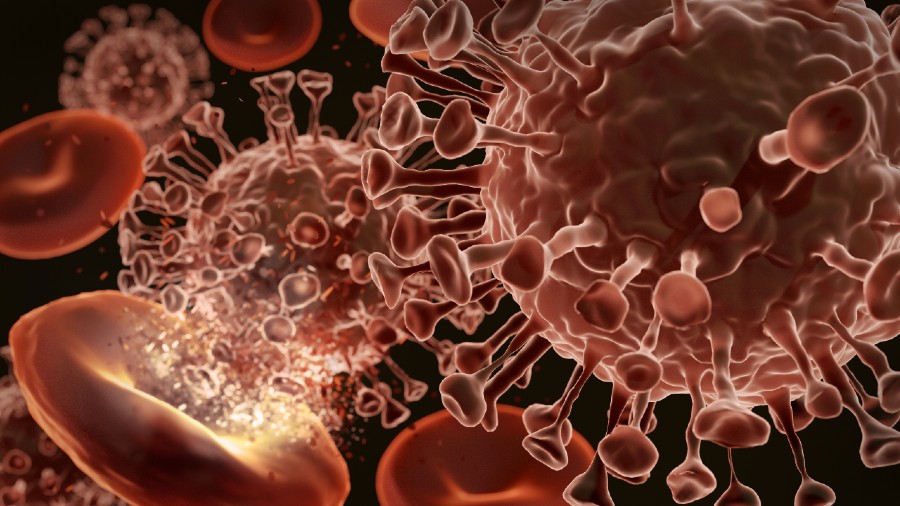In just a matter of weeks, two variants of the coronavirus have become so familiar that you can hear their inscrutable alphanumeric names regularly uttered on television news.
B.1.1.7, first identified in Britain, has demonstrated the power to spread far and fast. In South Africa, a mutant called B.1.351 can dodge antibodies, blunting the effectiveness of some vaccines.
Scientists have also had their eye on a third concerning variant, which arose in Brazil, called P.1. Research has been slower on P.1 since its discovery in late December, leaving scientists unsure how much to worry.
“I’ve been holding my breath,” said Bronwyn MacInnis, an epidemiologist at the Broad Institute.
Now, three studies offer a sobering history of P.1’s meteoric rise in the Amazonian city of Manaus. It most likely arose there in November and then fuelled a surge in coronavirus cases. It came to dominate the city partly because of an increased contagiousness, the research found.
But it also gained the ability to infect some people who had immunity from previous bouts of Covid-19.
The studies have yet to be published in scientific journals. Their authors caution that findings on cells in laboratories do not always translate to the real world and that they’ve only begun to understand P.1’s behaviour.
“The findings apply to Manaus, but I don’t know if they apply to other places,” said Nuno Faria, a virologist at Imperial College London who helped lead much of the new research.
But even with the mysteries that remain around P.1, experts say that it is a variant to take seriously. “It’s right to be worried about P.1, and this data gives us the reason why,” said William Hanage, an epidemiologist at the Harvard School of Public Health.
New York Times News Service










